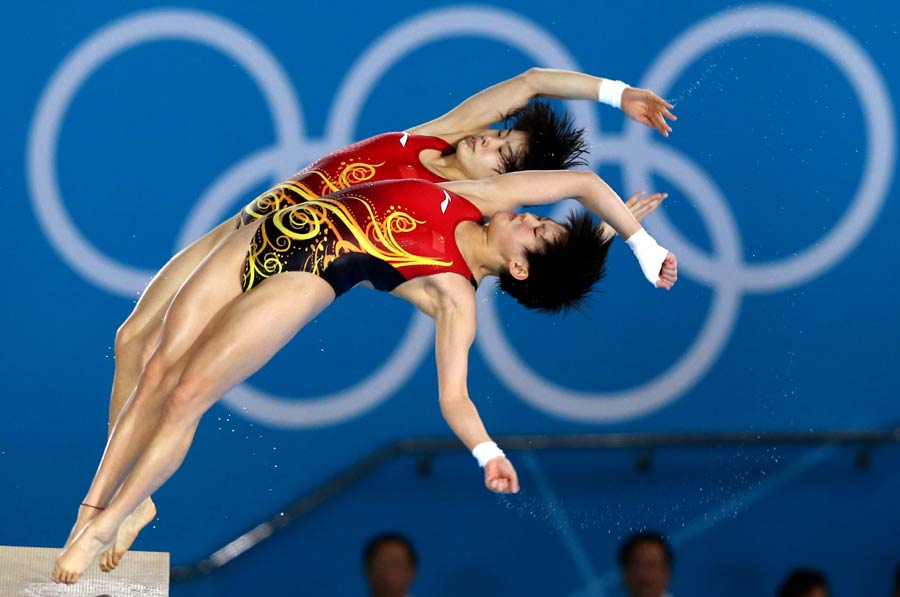Have you ever wondered how to nurture talent? An example of this can be seen in a highly successful programme which focuses on the development of Chinese divers. Their achievements are phenomenal; they keep collecting medals and are literally unbeatable, at least it seems. After all, at the last four Olympics, they collected 24 out of 32 possible gold medals. And that says it all.
As for the training preparations, the Chinese go against universal truths trying to tear down borders and move their sport – and their performance – further. Their knowledge can be used in many other sports and not only in diving. See for yourself:
They mix age categories
Young trainees do not train only with their peers. Trainers in sports preparations mix their trainees regardless of age. So there is no wonder that an Olympic champion can meet with a ten-year-old boy on the diving board, who has not acquired the champion’s sports qualities yet. Each coach is responsible for five athletes; three of them are successful Olympic representatives and two are young talented divers. They spend a lot of time together, which gives the juniors a great opportunity to observe and learn from the sports stars.
Mostly they perform the most basic dives
Chinese divers train much harder than the rest of the world; often accrue more than a hundred jumps a day. But most of them are really basic, no extreme dives. During the first ten jumps they just sit on the edge of the diving board and simply slide down. Nothing complicated. And that is perhaps the magic.
They applaud their failures
In the last ten years, China has dominated the diving competitions. For one simple reason – they bet on innovations and try unusual dives. When a diver attempts a complete novelty, which nobody tried before and fails – others applaud him loudly. Failures motivate them and they try to turn their failures into a success as soon as possible.
No specialisation
A diver who jumps off a 10-metre platform does not spend all day on their “home” diving board. Instead the diver jumps also from the three, five, six or seven metres. And even from a classical springboard, which is the lowest.
A lot of preparation occurs outside the pool
Dryland training in diving is very popular among Chinese divers. Each of them has a list of exercises they perform using different equipment, such as trampolines. They practise approaches, hurdles and so on. Circuit training in the gym is very fast – they do not stay at one device more than twenty minutes.
It is hard work, but entertaining
Dryland training is indeed challenging, but divers can still enjoy it and have a lot of fun, which is encouraged by their coaches.
Interesting and inspiring, do you not think? Especially when you take into account that a large part of these principles has little to do with the training methods. Rather, it is an organisational culture (mixing age groups, encouraging failures, avoiding the specialisation) that changes habits of the entire group. This approach can be applied in many other fields.
Photo: source http://news.xinhuanet.com










No comments